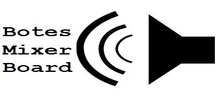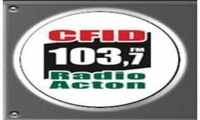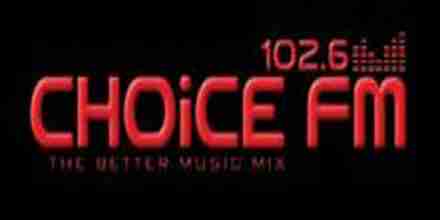The term "Mix" in music can refer to several distinct genres and practices, each with its own unique characteristics and cultural significance. At its core, mixing often involves the blending of different musical styles, instruments, and cultures to create something entirely new and innovative. This genre is not confined to a single sound or structure but rather embodies a spirit of experimentation and fusion.
One prominent form of "Mix" is found within the realm of electronic dance music (EDM). In this context, mixing refers to the art of seamlessly transitioning between tracks during a DJ set. The goal is to create a continuous flow of music that keeps dancers on the floor. This requires not only technical skill but also an understanding of music theory and rhythm. DJs often use techniques such as beatmatching, where they synchronize the tempos of two tracks, and harmonic mixing, where they match the key signatures of different songs to ensure musical coherence.
In hip-hop culture, "Mix" can refer to a mixtape, a collection of songs, often by an artist or producer, that may include original material, remixes, freestyles, and collaborations. Mixtapes serve multiple purposes: they can be promotional tools for up-and-coming artists, showcasing their skills and versatility; they can be experimental platforms where artists push the boundaries of their sound; or they can be thematic compilations that tell a story or capture a particular moment in time.
Another form of "Mix" is found in world music, where traditional sounds from different cultures are blended to create something entirely new. This genre often features instruments and rhythms from various regions, such as African drums, Indian sitar, Latin percussion, and Western electronic beats. The result is a rich tapestry of sound that reflects the global nature of modern music.
In jazz, "Mix" can refer to the fusion of different musical styles within the same piece or album. Jazz fusion artists often incorporate elements of rock, funk, and electronic music into their compositions, creating complex and layered sounds. This genre is known for its improvisational nature and the use of both acoustic and electric instruments.
The practice of "Mix" extends beyond just blending sounds; it also involves blending cultures and ideas. For example, in reggae fusion, artists might blend traditional reggae rhythms with electronic beats or hip-hop influences. This not only creates a unique sound but also reflects the cultural exchange that occurs when different musical traditions meet.
In the realm of pop music, "Mix" can refer to the process of combining multiple vocal tracks and instrumental layers to create a polished final product. Producers often use mixing techniques such as equalization, compression, and reverb to enhance the overall sound and ensure that each element of the song is balanced and clear. This process is crucial in creating the high-quality sound that listeners expect from mainstream music.
The genre "Mix" also encompasses the concept of mashups, where two or more songs are blended together to create a new composition. Mashup artists often take popular tracks and combine them in unexpected ways, highlighting the similarities and differences between different genres and styles. This can result in humorous, nostalgic, or innovative musical experiences.
In conclusion, "Mix" is a versatile and dynamic genre that encompasses a wide range of practices and styles. Whether it's through DJing, mixtapes, world music fusion, jazz fusion, reggae fusion, pop production, or mashups, the art of mixing involves blending different elements to create something new and exciting. This genre reflects the ever-evolving nature of music and the constant search for innovation and expression.
 Clouds FMClouds FM
Clouds FMClouds FM 836
Tanzania, Dar es Salaam Mix 128 kbps MP3
836
Tanzania, Dar es Salaam Mix 128 kbps MP3 Lav Radio MixLav Radio Mix
Lav Radio MixLav Radio Mix 526
Armenia, Yerevan Mix
526
Armenia, Yerevan Mix United States Mix
United States Mix







 1
1





























